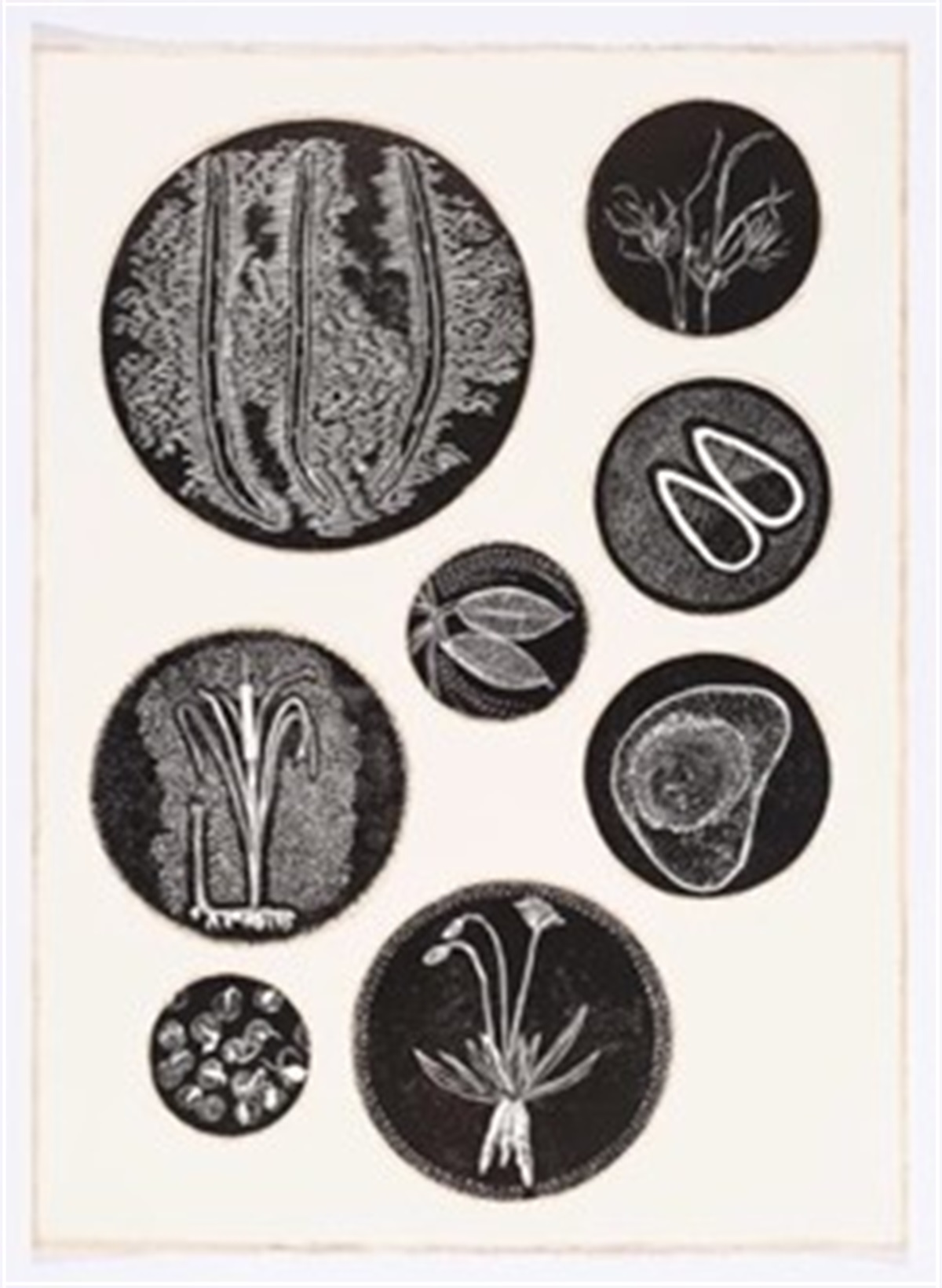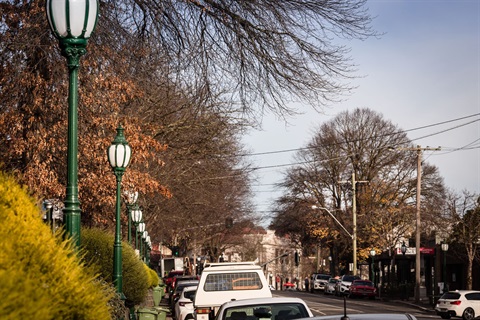Subject: Nazi hate symbols ban
SAMMY J: In a perfect world, Nazi hate symbols wouldn’t be displayed, wouldn’t be traded and wouldn’t be sought out. But as we all know, dear listeners, it’s far from a perfect world, isn’t it? Which is why the Federal Government is proposing to ban the display and trade of Nazi flags, armbands, t-shirts, insignia, with a potential for 12 months jail time for those who don’t abide. Absent in this proposal is the swastika and the Nazi salute, which is curious because we have already banned the latter here in Victoria. But we are talking federal proposed laws and we are joined in the studio right now by the Federal Attorney-General, the man who makes the laws, Mark Dreyfus. Good morning Attorney-General.
ATTORNEY-GENERAL MARK DREYFUS: Good morning, Sammy, Good to be with you.
SAMMY J: This is a very big announcement from the Federal Government. What has led you to this point?
ATTORNEY-GENERAL: Well, there’s been a rise in the public display of these horrible Nazi symbols and next week I’m bringing a bill to the Parliament to ban the public display of the Hakenkreuz or the Nazi swastika and the Schutzstaffel or SS hate symbols. And also, and this is something that the state laws don’t do, ban the trade in these symbols. We want to send a really clear, simple signal to those who spread hatred, violence and anti-Semitism that we find these actions repugnant, there’s no place for these actions in Australia.
SAMMY J: Is the displaying or the trade of more interest to you?
ATTORNEY-GENERAL: Both. Both. Most states and territories over the last year or so have legislated, all the remaining states have said they’re going to, and the trade is something that the Commonwealth can do better than the states because we’ve got control over import and export. It’s our intent that our law will mesh with the state and territory laws.
SAMMY J: Now, there is this technicality of the swastika, isn’t it, which is used by other faiths at times in different ways. So, does that fall outside of the proposed legislation?
ATTORNEY-GENERAL: It does. We’ve consulted with leaders of the Hindu religion, Jains, throughout Australia, and the law will exempt religious use of the swastika as it’s known by Hindus. It’s part of their religion. This law is directed at Nazi symbols, it’s directed at those that want to glorify the horrors of the Holocaust. There’s no place for that in Australia.
SAMMY J: Who will be responsible for enforcing these laws? Does it kick back down to state governments now?
ATTORNEY-GENERAL: The Australian Federal Police but also state and territory police can enforce federal law.
SAMMY J: I’m chatting to Mark Dreyfus, Federal Attorney-General, with this proposed law to ban, well, a whole range of Nazi symbols and in fact, the trading of Nazi memorabilia. I’m trying to think of anyone who could possibly oppose this, they don’t spring to mind other than Nazis themselves. But what about, would there be some arguments being made about for example, academics or historians who might wish to have access to some of these things that will now be banned?
ATTORNEY-GENERAL: No, there’s full exemptions for academic use, literary use, artistic use, and as I’ve already said, religious use. What we’re concerned with here is people who are using these symbols to spread hatred in our society.
SAMMY J: You said at the start of our chat there has been a rise and that is of course, the reason for this. That is a real concern. What are we talking about here? What level of rise is it evidence based? Is it anecdotal?
ATTORNEY-GENERAL: It’s something that, regrettably, the Director-General of Security, the head of ASIO, has drawn attention to for the last three years in his annual security report and it’s something that state police have also noticed. I think if you went back a few decades, it would have been unthinkable in our lovely city of Melbourne that anybody could be displaying these Nazi symbols on the street. Imagine anyone trying to do it in the 1950s in the 1960s, or 1970s when the thousands of Australians who died in the Second World War fighting Nazism, when the Holocaust survivors who came to our city after the Second World War, no one would have even thought of it and that’s what’s so shocking about seeing these symbols on display in our streets.
SAMMY J: The fact we even need to have this conversation, Mark is equally shocking. Having almost an out-of-body experience, as you say, this is not the sort of interview I thought we’d be having in 2023, here in Melbourne. Look, this is about the symbolism in many ways but obviously there is a bigger problem you’ve just alluded to, what else is being done to tackle is far right supremacy? Are there more plans currently in place or is that a whole separate discussion?
ATTORNEY-GENERAL: Well, I think that there’s a job for leaders, including me to speak out against this far right violent extremism. It’s only a very small number of people in our community that want to engage in this but we’ve got to call it out and this law that I’m going to bring to the Parliament next week is part of the calling out. It’s part of saying and sending the clearest possible signal that there’s no place in our country for this.
SAMMY J: Do you expect this to pass unanimously when presented to the Federal Parliament?
ATTORNEY-GENERAL: I do, and the Federal Opposition, to give credit where it’s due, brought a bill back in March that they wanted to ban Nazi symbols that they wanted passed in a big hurry. We’ve been working on this since last October and we sent it off to a Senate committee which had a look at it and said it wasn’t quite right. We now feel we have got this right, the bill that I’m bringing to the Parliament next week and I’m very much expecting the Federal Opposition and the crossbench to support this legislation.
SAMMY J: Attorney-General, just finally, salutes are also exempt from this legislation. Here in Victoria we’ve gone that next level and banned that. Is that something the Federal Government could have taken more leadership with and made that standard across Australia?
ATTORNEY-GENERAL: Federal and state governments do different things. State governments have got more responsibility for what you might call street offences, and our law goes to public display and includes online. We think that it’s really a matter for state police to deal with the Nazi salute and that’s why we’ve left that for the state law. Federal law will mesh with Victorian law and the other state and territory laws against these symbols. But the salute we’ve left for the states.
SAMMY J: I know I said our final question, but you’re a politician and appreciate there’s always one more.
ATTORNEY-GENERAL: Indeed, always one more.
SAMMY J: On the text line, a few people are asking about tattoos. What about visible tattoos? And it’s a curious thing. If someone has got a Nazi theme tattoo, I suppose, whether they will be subject to this legislation or face potential fines or jail time for it being displayed on their body?
ATTORNEY-GENERAL: Well, this is a law that prohibits public display, and I’d be really asking questions about anyone that’s publicly got a tattoo, displaying a tattoo in a visible place on their body that’s one of these symbols.
SAMMY J: Attorney-General Mark Dreyfus, very much appreciate your time this morning. We’ll look with interest to see, as you suggest, whether this legislation passes unanimously next week when presented.
ATTORNEY-GENERAL: Thank you for having me on, Sammy.
SAMMY J: Attorney-General Mark Dreyfus there talking through the proposed Federal Government’s banning on, as you heard, a whole range of Nazi flags, armbands, t-shirts and equally importantly, the trade of those objects as well.







